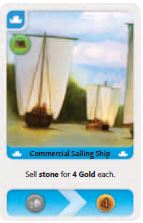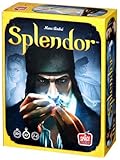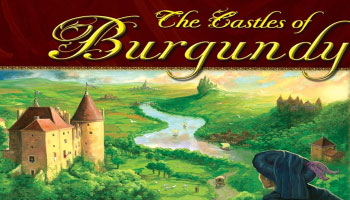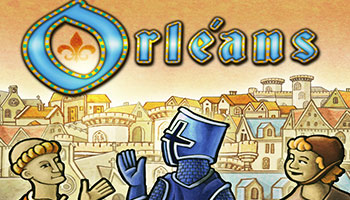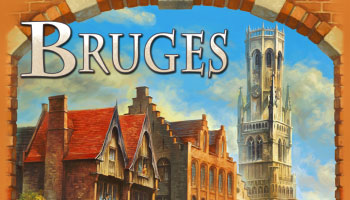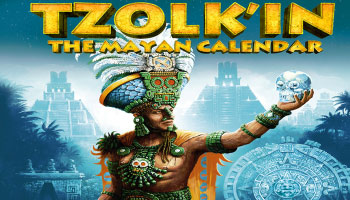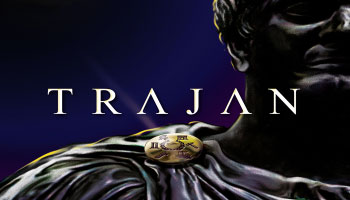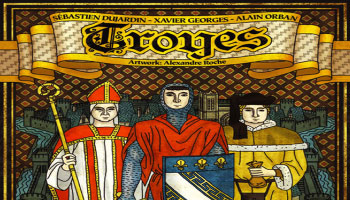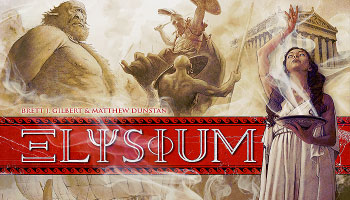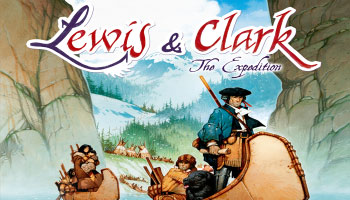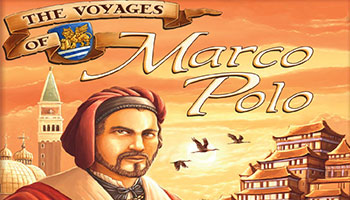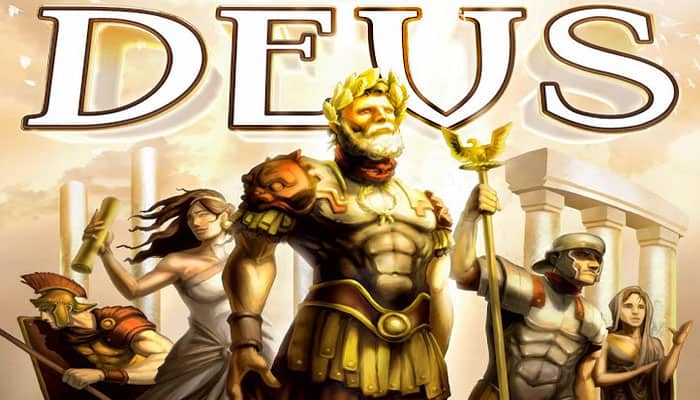
Components
- 4 small player boards
- 96 building cards
- 100 wooden Buildings (25 per player):
- 7 wooden Temples in a neutral color
- 7 two-sided Continent tiles
- Gold coins (63 ones, 12 fives, 9 tens)
- Victory Point tokens (24 ones, 9 threes, 9 fives, 17 tens)
- 80 resources: wood (20), stone (20), clay (20), wheat (20)
- 1 First Player card
Object of the Game
Each player begins a game of Deus with a hand of 5 Building cards. On your turn, you must choose from two actions: construct a building or make an offering to a god.
Constructing a building consists of playing a Building card, and placing the associated wooden piece in a region of the gameboard. You must place the building card in the column of the same color, and then you can benefit from the power of all the cards placed in this column, starting at the bottom. …

